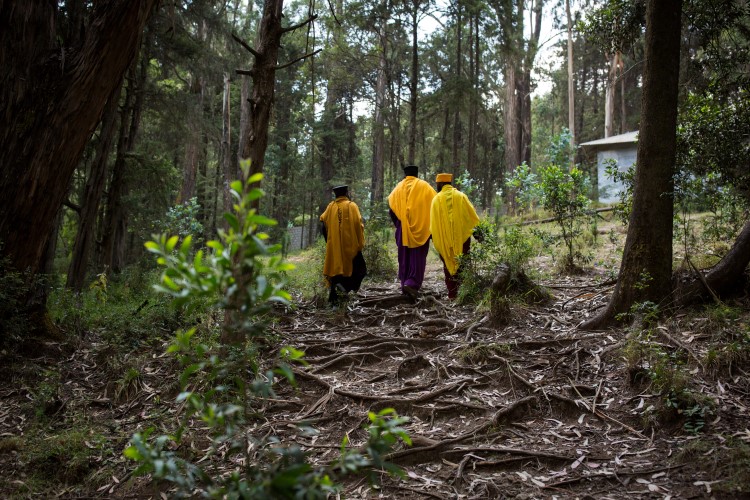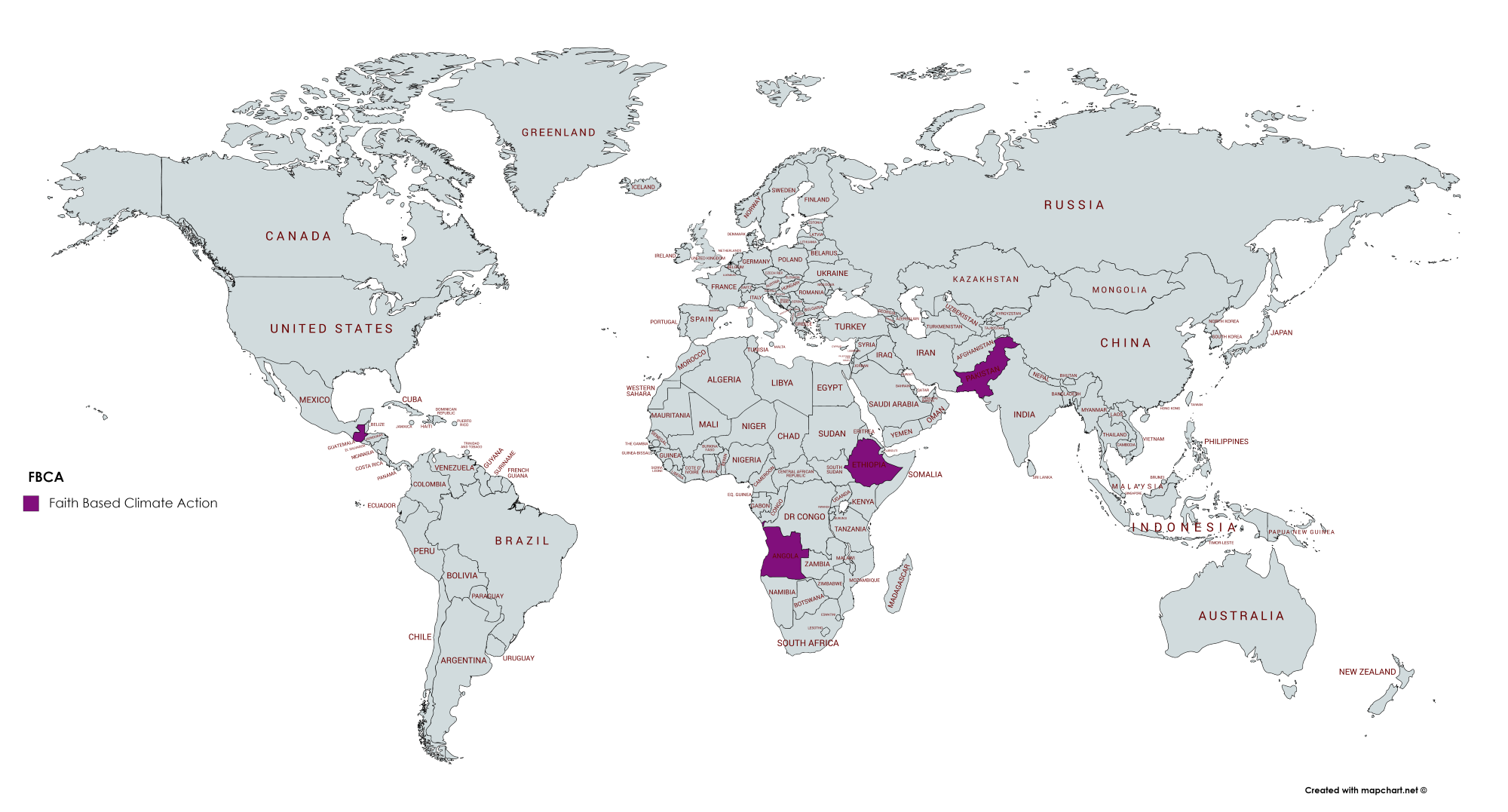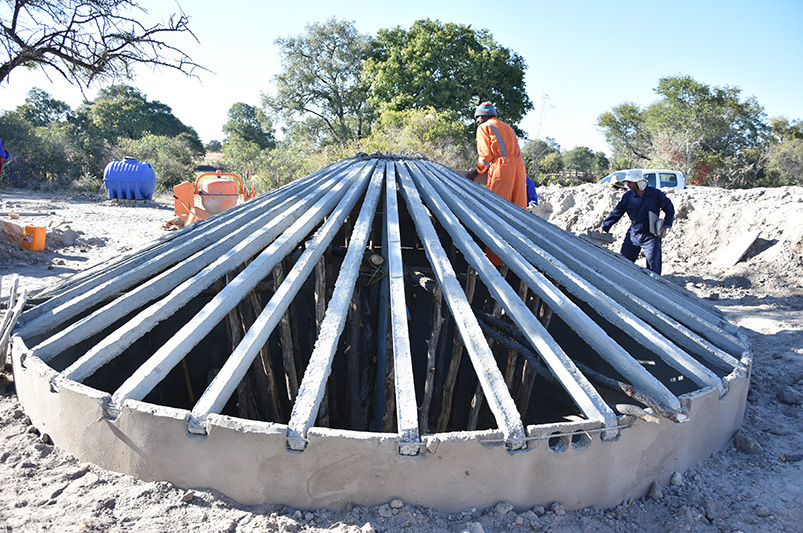NCA’s Response
The goal of NCA’s FBCA strategic initiative is to ensure that faith actors act on climate change. To achieve this, NCA and partners will:
- support faith actors to enable their communities to increase their climate resilience
- support faith actors and communities to advocate for climate action
FBCA in Long-term Development Work
NCA supports faith actors to develop climate change actions that address the needs and vulnerabilities in their communities and among their constituencies. As climate change impacts communities in a range of different ways, intervention strategies will vary in emphasis and scope. This programme therefore has several linkages and synergies with other NCA programmes, primarily Climate Resilient WASH, Peacebuilding, and Climate Smart Economic Empowerment.
Faith actors are moral authorities and social mobilisers in their communities, and they can have a strong influence on attitudes and actions towards climate change. NCA mobilises its faith-based partners to work in their communities and towards their external environment, supporting them in awareness raising and dissemination of knowledge about climate change and environmental degradation. NCA also strengthens these partners’ ability to organise community groups, address local vulnerabilities and build initiatives for climate resilience, while identifying and supporting local solutions and actions. Faith-based Community-based Disaster Risk Management (CBDRM) and NCA’s Church Forest Methodology are both integral to the programme, and the latter can adapted to suit other faith groups and contexts.
FBCA Advocacy
National and local governments have the overall responsibility for responding to climate change, mitigating impacts and implementing climate resilience initiatives. With a deficit in knowledge and resources necessary to fulfil this duty, NCA encourages constructive dialogue between faith-leaders and faith-based organisations and local authorities to ensure adequate responses and community participation in decisions that affect them. In some contexts, broader campaigns mobilising rights holders and religious leaders may be an effective way to influence government authorities to ensure the development and implementation of climate change plans and strategies.
To achieve this, NCA builds faith actors’ knowledge and capacity on both advocacy and climate change policy. NCA supports its faith-based partners to develop spiritual and theological frameworks or platforms for climate change action and climate justice, building on NCA’s cooperation within the ACT Alliance and other global networks. NCA strengthens faith actors’ capacity to engage with national governments and the private sector to ensure that they can positively impact national plans, policies and strategies.
NCA also strengthens faith-based climate networks and platforms to raise awareness about climate change at all levels. At the same time, it supports its faith-based partners to establish or join existing inter-faith climate change platforms and climate action networks, to strengthen their advocacy interventions. NCA also secures faith actors’ involvement in regional and international advocacy processes and creates linkages and spill-over effects to national climate justice advocacy agendas (linking national to regional and international levels). There is a strong focus on youth involvement in these international advocacy processes, linking their local work to wider national and international climate justice advocacy agendas.



